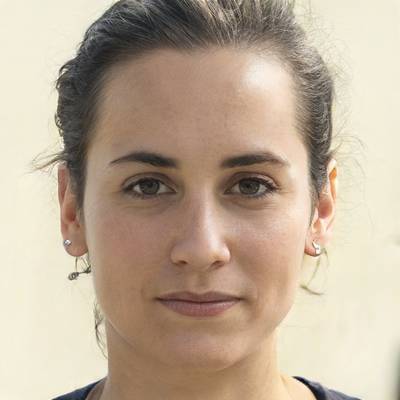Greta Thunberg's Visit to Ukraine: Highlighting the Environmental Damage from War
Table of contents
- Assessing the Damage from Flooding and Other Attacks
- Other Environmental Threats: Nuclear, Pollution and Habitat Loss
- A Wider Ecocide Movement?
The ongoing war in Ukraine has caused immense suffering and loss of life, as well as widescale destruction of homes, infrastructure and livelihoods. However, the environmental consequences of the conflict have received relatively little global attention. This changed when Greta Thunberg, the well-known Swedish climate activist, visited Ukraine in late June 2023 as part of an international delegation investigating war's impact on the country's ecology.
Thunberg met with Ukrainian President Volodymyr Zelensky and other senior officials in Kyiv. She emphasized that the deliberate targeting of natural environments and civilian infrastructure constitutes a form of “ecocide” and environmental warfare. Thunberg argued that the world's reaction to this dimension of the conflict has so far been inadequate. Greater effort is needed to document the damage, hold Russia legally accountable, and restore Ukraine's ecology after the guns fall silent.
Assessing the Damage from Flooding and Other Attacks
One recent example highlighted by Thunberg was the destruction of the Kakhovka hydroelectric dam in Kherson Oblast. Ukraine has accused Russian forces of blowing up the dam in early June while retreating from advancing Ukrainian troops. Moscow denies responsibility, instead blaming Kyiv's forces for shelling the structure. Each side blames the other for the disaster.
The dam's destruction unleashed massive flooding downstream, killing dozens, forcing thousands to evacuate, and inundating huge areas of farmland and natural habitat. Thunberg argued that the world paid insufficient attention to this event, minimizing the true human and environmental costs.
She said those affected by such “catastrophes” need support to share their experiences globally. This will help convey the war's complex human impacts, while pressuring Russia over its alleged weaponization of Ukraine's infrastructure and ecology.
Other Environmental Threats: Nuclear, Pollution and Habitat Loss
Beyond flooding, the delegation noted other threats from the conflict. These include radioactive releases from the Zaporizhzhia nuclear power plant under Russian occupation, as well as pollution from damaged industrial sites and mined farmland.
There are also longer-term concerns around degraded natural habitats and biodiversity loss in areas damaged by fighting or laced with landmines and unexploded ordnance.
Thunberg argued that all these issues demand far more media coverage and policy action globally. She said the environmental dimensions of war in Ukraine have frequent parallels in other global conflicts. Hence, efforts to assess and address the damage here can create templates for similar rehabilitation initiatives elsewhere.
A Wider Ecocide Movement?
Some commentators have suggested Thunberg's Ukraine visit reflects the rise of a wider "ecocide" movement globally. Campaigners use this term to describe mass damage and destruction of natural environments, especially by armed conflict and military occupation.
The concept of ecocide originated in the 1970s among activists opposed to the US military's use of Agent Orange defoliant during the Vietnam War. It has gained renewed attention following events like the Kakhovka dam disaster in Ukraine.
While not yet a formal crime under international law, campaigners are lobbying governments worldwide to criminalize and prosecute alleged acts of ecocide. The International Criminal Court has also considered proposals to incorporate environmental destruction into future definitions of genocide and war crimes.
Greta Thunberg lends these efforts moral authority and public profile as arguably the world's best known environmental activist. Her Ukraine visit kept a spotlight on the environmental consequences of Russia's invasion, as part of wider efforts to hold Moscow accountable on all dimensions of the conflict.
It remains to be seen whether Thunberg and the ecocide movement can drive meaningful international action as the war continues to evolve. However, her high-profile trip to Kyiv has focused fresh attention on this underreported aspect of human suffering in Ukraine. It also frames environmental rehabilitation as an integral component of any postwar settlement and rebuilding process.
Cite this Essay
To export a reference to this article please select a referencing style below

